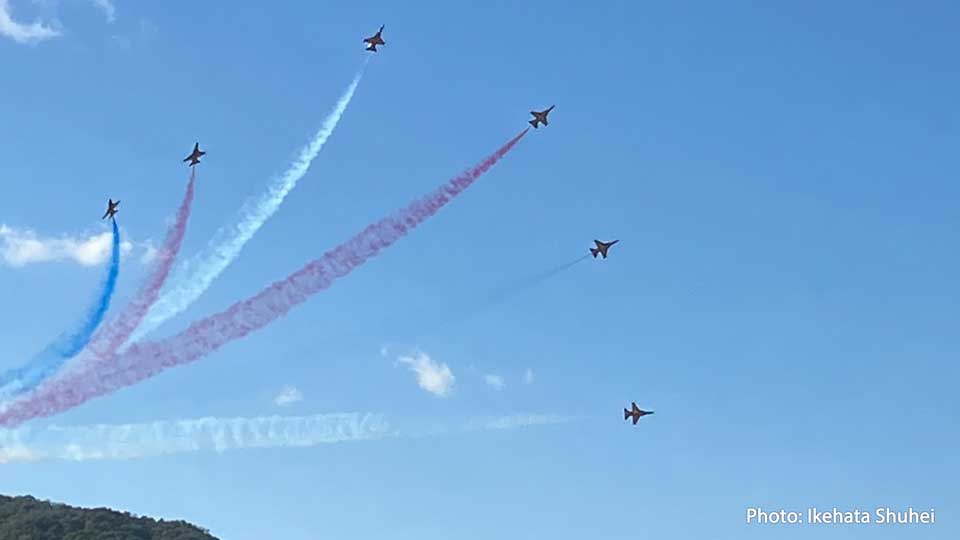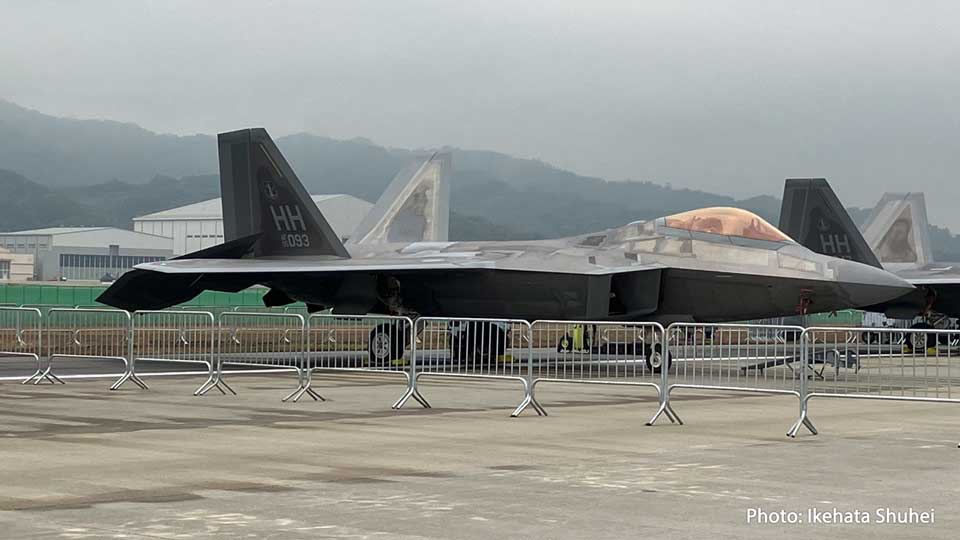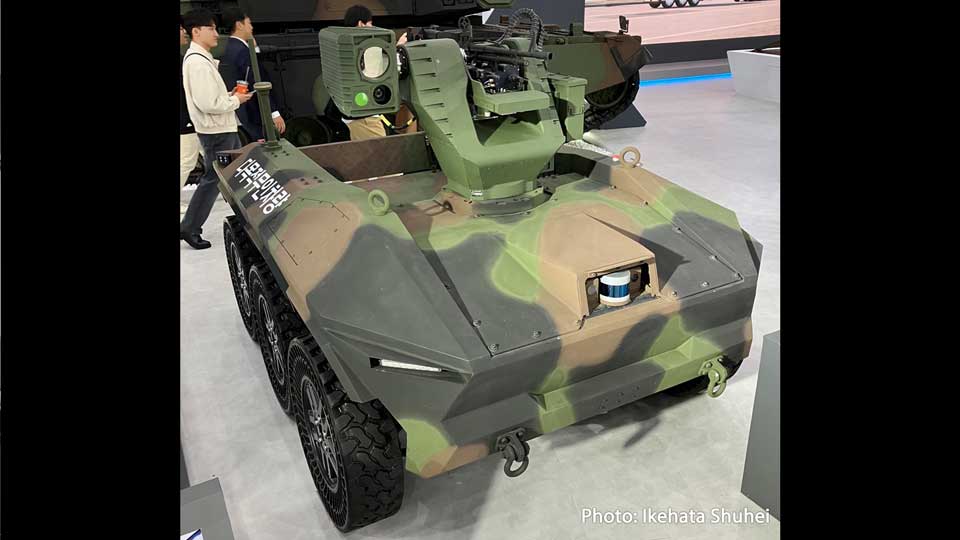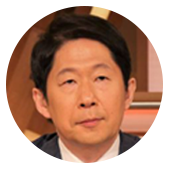"We aim to become the world's fourth-largest defense equipment exporter," Yoon said during his opening address at October's Seoul International Aerospace and Defense Exhibition (ADEX).
He pointed to 10 types of military equipment lined up behind him, naming each one and vowing to sell it to the world. Yoon, a former prosecutor who took office last year, also spoke of plans to promote the exports during diplomatic trips overseas.
Taking a bigger share
According to the Stockholm International Peace Research Institute (SIPRI), which analyzes military equipment, South Korea ranked ninth in the world in terms of its share of arms exports over the five years through 2010.
The United States was in first place with 40 percent, followed by Russia and France, rounding out the "Big Three" in arms exports.
Although the top five countries accounted for three-quarters of total exports, South Korea has a broad customer base that includes partners in Southeast Asia, the Middle East, and South America.
Getting down to business
This year's ADEX, a biennial event, attracted 550 companies from 35 countries and regions — a considerable increase compared with the 2021 show, which was hampered by the coronavirus pandemic.
There were 220,000 attendees over six days, including South Korean military officers and defense officials, US and other international military leaders and personnel, and industry representatives from around the globe.
The total value of contracts exchanged had an estimated value in excess of 6 billion dollars.

A Japanese expert on Korean defense Ito Kohtaro, a senior researcher at the Canon Institute for Global Studies, attributes the success of this year's event to the Yoon administration's increased prioritization of the US alliance.


The latest in lethal technology
ADEX attendees got a close-up look at a host of cutting-edge weaponry built with the most advanced chips from South Korea's semiconductor industry. Ito says there were two key trends among the exhibits; unmanned driving, flying, and navigation; and the advancement of technology to neutralize the threat of drones.
Images of future battlefields projected on screens at many of the displays showed unmanned weapons and transportation, including armored vehicles and troop carriers designed for remote islands and other environments with poor footing.
One concept model included an aircraft carrier designed to carry drones and other unmanned vehicles.


South Korea was early to pursue projects that combine manned and unmanned weapon systems. Ito says on that front, South Korean military technology is several years ahead of Japan's Self-Defense Forces.
Weapons known as "drone killers" are equipped with devices that disrupt the flight of drones by, for example, emitting jamming radio waves. Displays at ADEX showed them attached to tanks and armored vehicles.
The Ukraine dilemma
While Seoul enjoys profits from its growing defense industry, it is also finding that being a big player in the global arms trade comes with diplomatic challenges. South Korea has a policy not to provide weapons to a party to a conflict. The rule has created a difficult situation for the Yoon administration when handling requests from allies who are heavily invested in the war in Ukraine. A report earlier this year claimed Seoul had secretly delivered vast amounts of artillery shells to Ukraine via the US.
The arrangement also indirectly pits the South against North Korea, which has been supplying weapons to Russia.
The Ukraine dilemma illustrates an inconvenient truth for the South — that a booming weapons industry may be good for the economy, but the arms trade will always be about more than just business.

